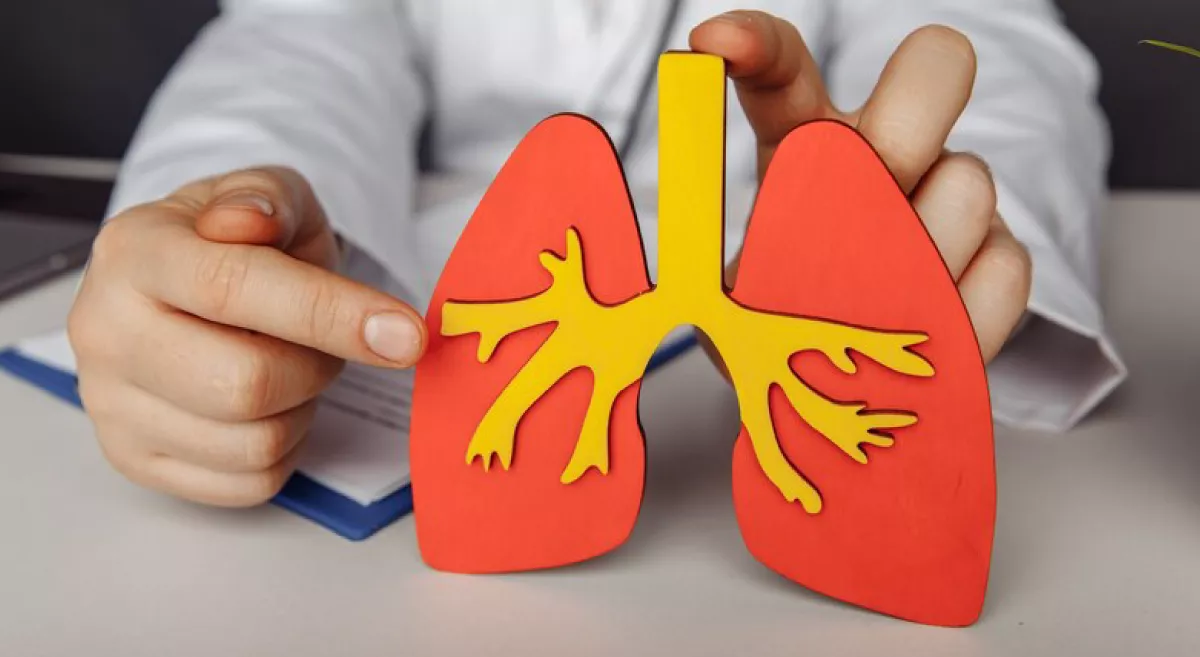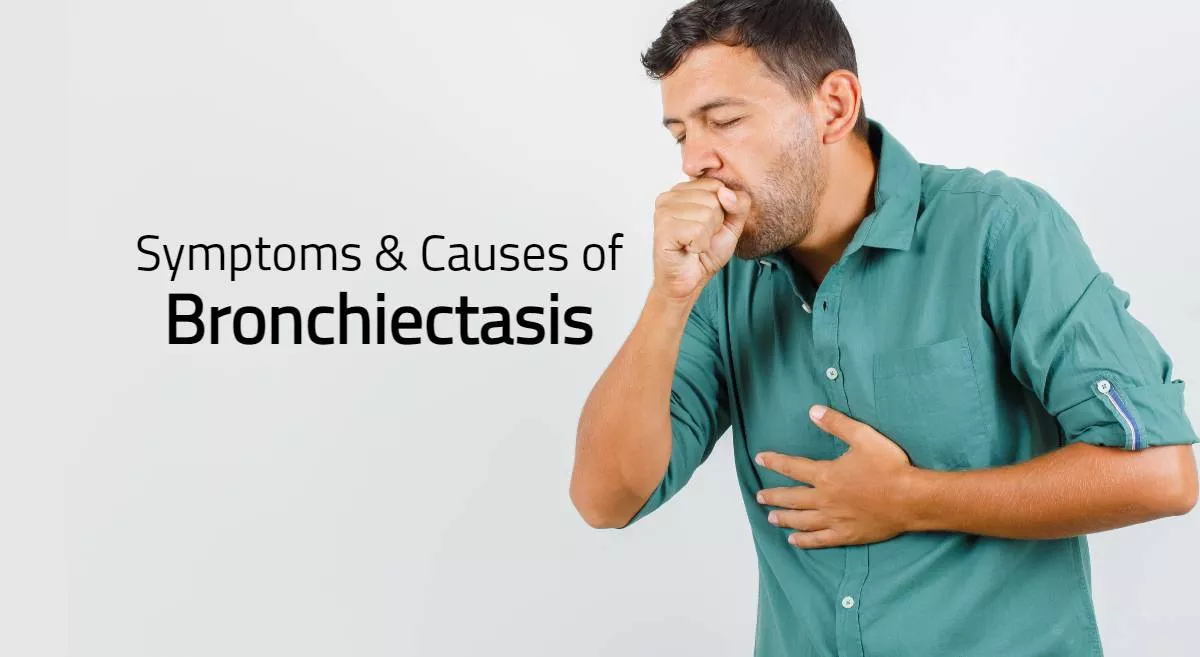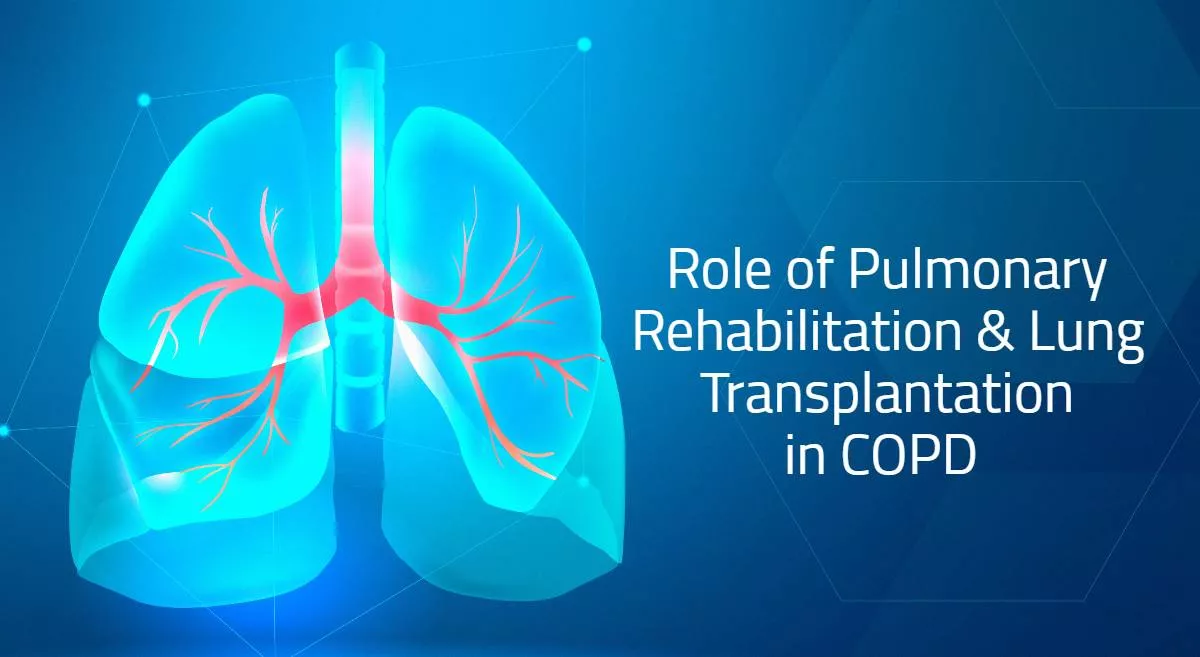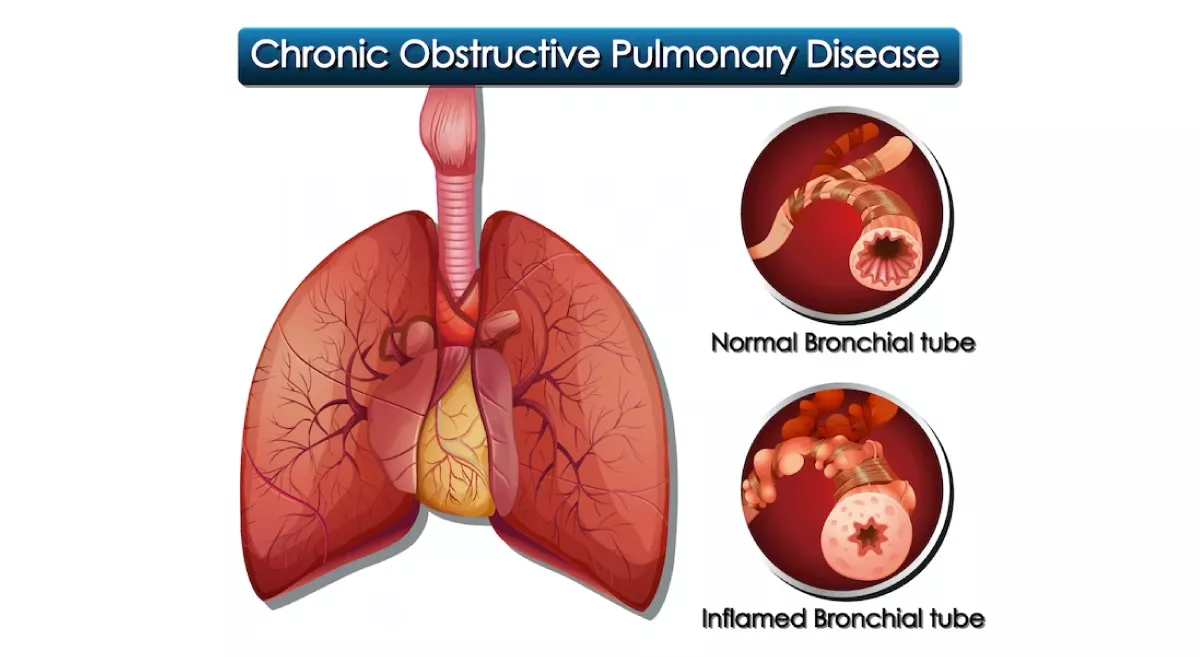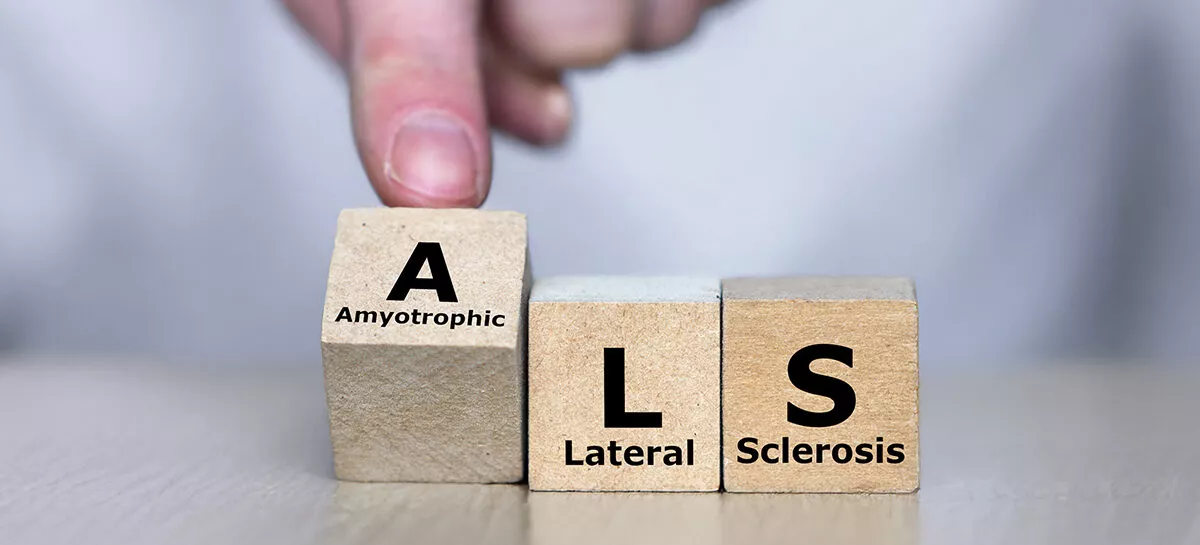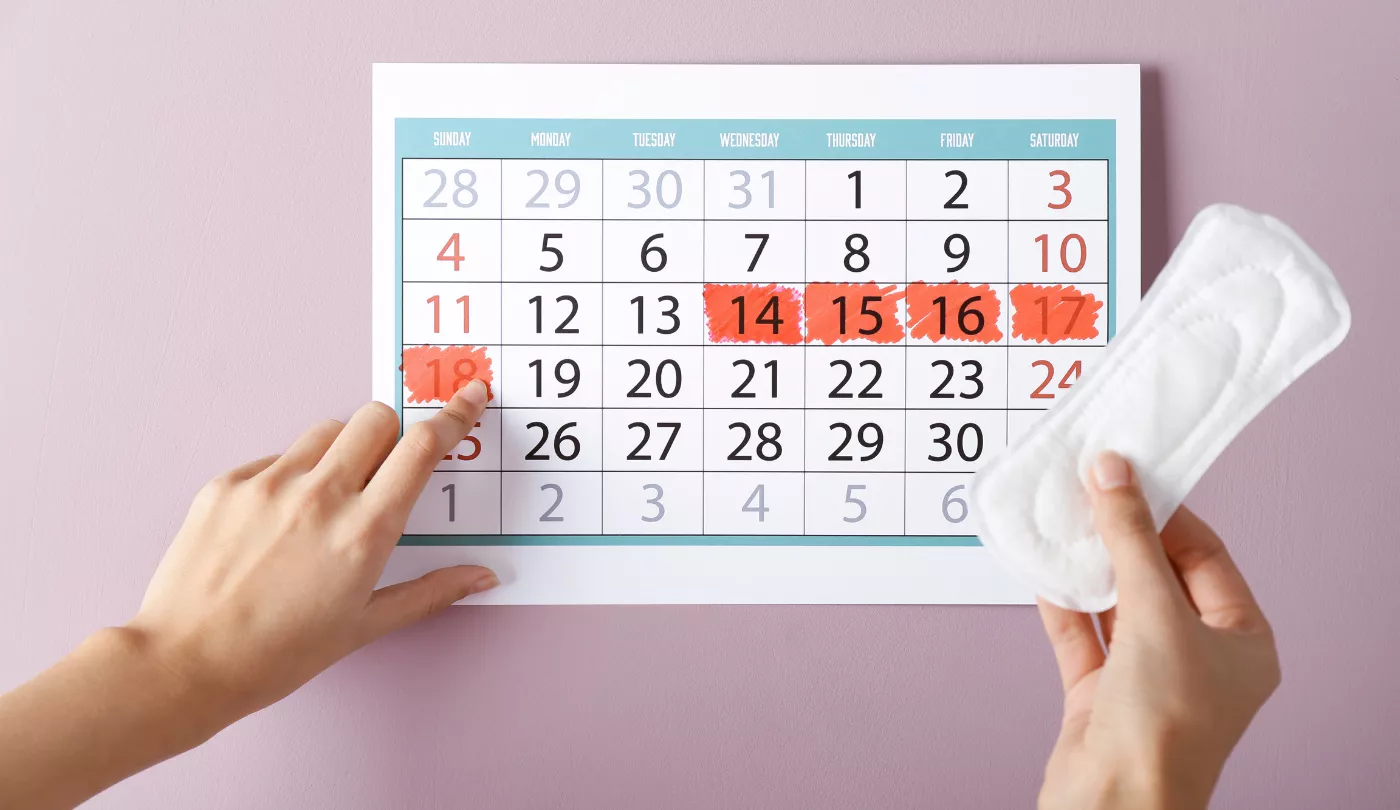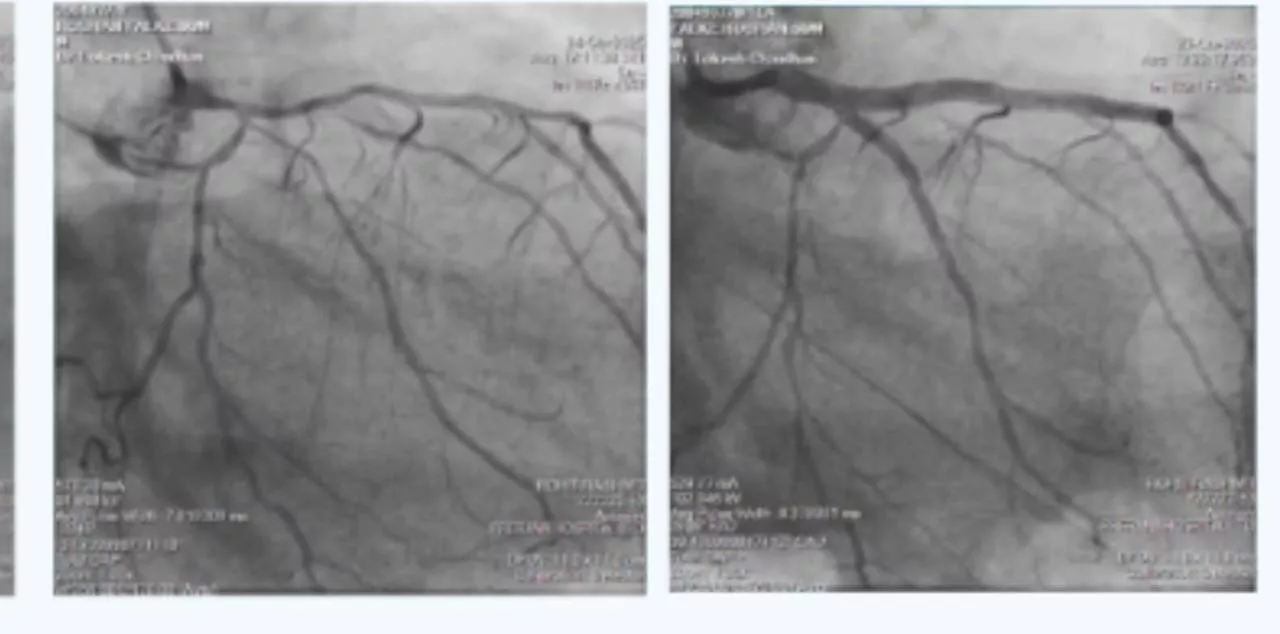Medical management of pulmonary hypertension typically involves the use of medications to reduce blood pressure in the lungs and improve heart function. The choice of medication will depend on the underlying cause of the condition, as well as the severity of the disease. Here are some examples of medications that may be used to manage pulmonary hypertension, often under the guidance of experienced Pulmonologists In JP Nagar Bangalore who specialize in advanced respiratory care:
Calcium channel blockers:
These medications can help to dilate (widen) the blood vessels in the lungs and improve blood flow. However, they are only effective in a small percentage of patients with pulmonary hypertension and are typically reserved for those with idiopathic pulmonary arterial hypertension.
Endothelin receptor antagonists:
These drugs can help to decrease the constriction of blood vessels in the lungs, and may slow the progression of pulmonary hypertension. Examples include bosentan and ambrisentan.
Phosphodiesterase type 5 inhibitors:
These drugs work by increasing the amount of nitric oxide in the blood vessels, which can help to improve blood flow. Examples include sildenafil and tadalafil.
Prostacyclin analogs:
These medications are synthetic versions of a naturally occurring chemical in the body that helps to dilate blood vessels and improve blood flow. Examples include epoprostenol, treprostinil, and iloprost.
Diuretics:
These medications may be used to reduce fluid buildup in the lungs and other tissues, which can be a complication of pulmonary hypertension.
Other treatments that may be recommended as part of the management of pulmonary hypertension include oxygen therapy, lifestyle modifications such as exercise and weight loss, and surgery in some cases. Comprehensive evaluation and treatment planning are often available at a specialized Pulmonology Hospital in JP Nagar Bangalore, where multidisciplinary care can be provided.
It's important to note that treatment for pulmonary hypertension should be individualized to each patient, and a thorough evaluation by a pulmonary hypertension specialist is recommended to determine the most appropriate treatment plan.
- Indication of lung transplantation in pulmonary hypertension
- Lung transplantation may be considered as a treatment option for patients with pulmonary hypertension who have severe disease that has not responded to other therapies. The decision to recommend lung transplantation is made on a case-by-case basis and involves a careful evaluation of the patient's overall health, including their heart and lung function.
Indications for lung transplantation in pulmonary hypertension:
Severe pulmonary hypertension:
Patients with advanced pulmonary hypertension who have symptoms such as shortness of breath, fatigue, and chest pain despite optimal medical therapy may be candidates for lung transplantation.
Right heart failure:
Pulmonary hypertension can cause damage to the right side of the heart, leading to right heart failure. Patients with severe right heart failure that is not responding to medical therapy may be considered for lung transplantation.
Rapid disease progression:
Patients with pulmonary hypertension that is progressing rapidly despite medical therapy may be candidates for lung transplantation.
Inoperable chronic thromboembolic pulmonary hypertension (CTEPH):
CTEPH is a type of pulmonary hypertension caused by chronic blood clots in the lungs. In some cases, the blood clots cannot be surgically removed, and lung transplantation may be considered as a treatment option.
Contraindications to other therapies:
Some patients may not be able to tolerate or may have contraindications to other treatments for pulmonary hypertension, such as medications or pulmonary artery denervation. In such cases, lung transplantation may be considered.
It's important to note that lung transplantation is a major surgery with potential risks and complications, and the decision to undergo the procedure should be carefully considered in consultation with a pulmonary hypertension specialist.
